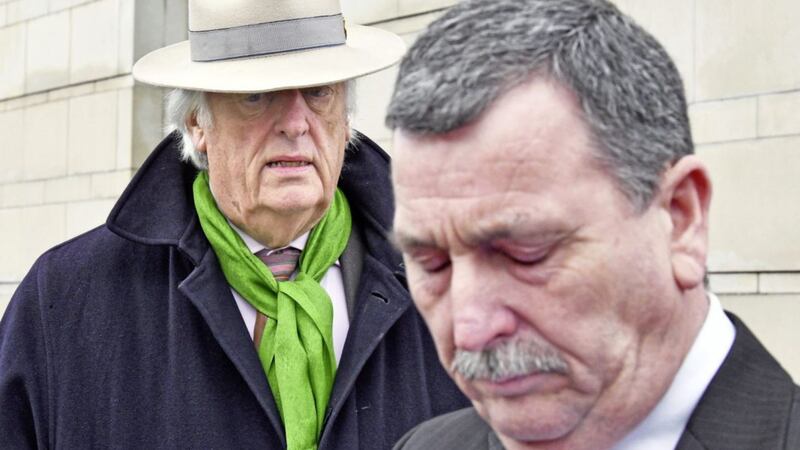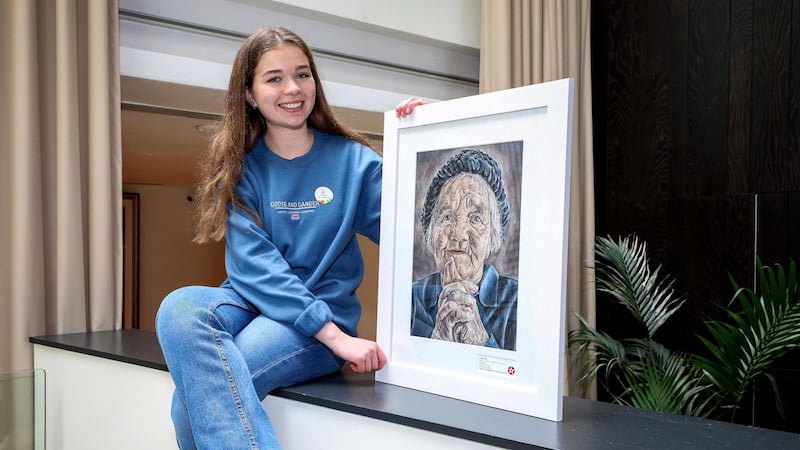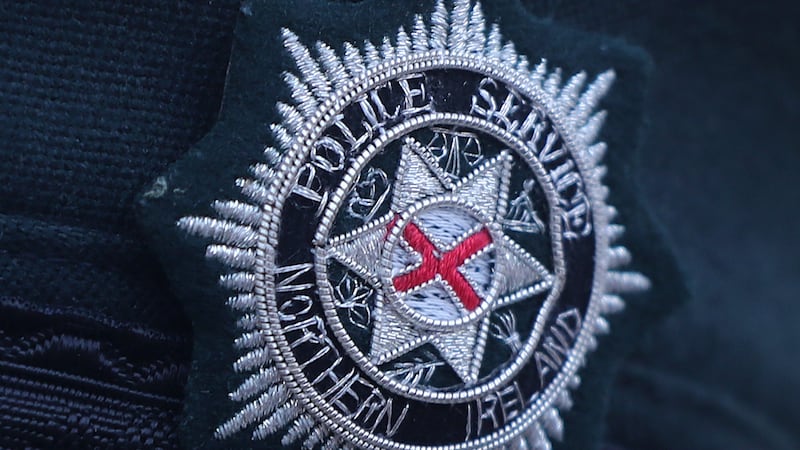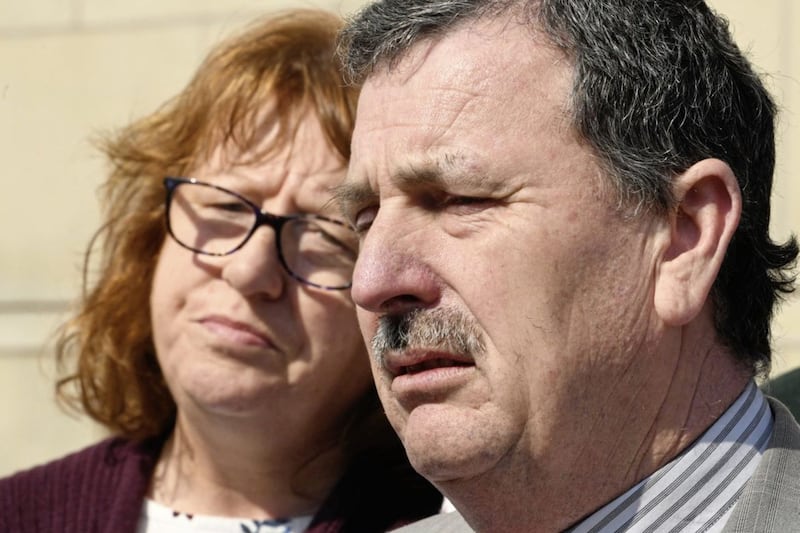The Ballymurphy inquest yesterday heard evidence from a former first-aider who told of her experience of treating the injuries of an 11-year-old boy who had been shot during disturbances.
Elizabeth Donnelly, who was then 19 and working for the Order of Malta, told the court she had been treating people hurt by rubber bullets and CS gas when she heard others had been shot.
A total of 10 people were killed during a three day period in August 1971 in the Ballymurphy area of west Belfast after violence broke out following the introduction of internment.
Having been taken to a house in the area, Mrs Donnelly said 11-year-old Edward Butler was brought in.
Bleeding heavily from a bullet wound in his right hip, she said the boy was “very shocked”, adding: “He was only a child.”
Mrs Donnelly said she had bandaged his wounds.
The then first-aider said the boy kept saying: “She was crying for help and they shot her in the face”.
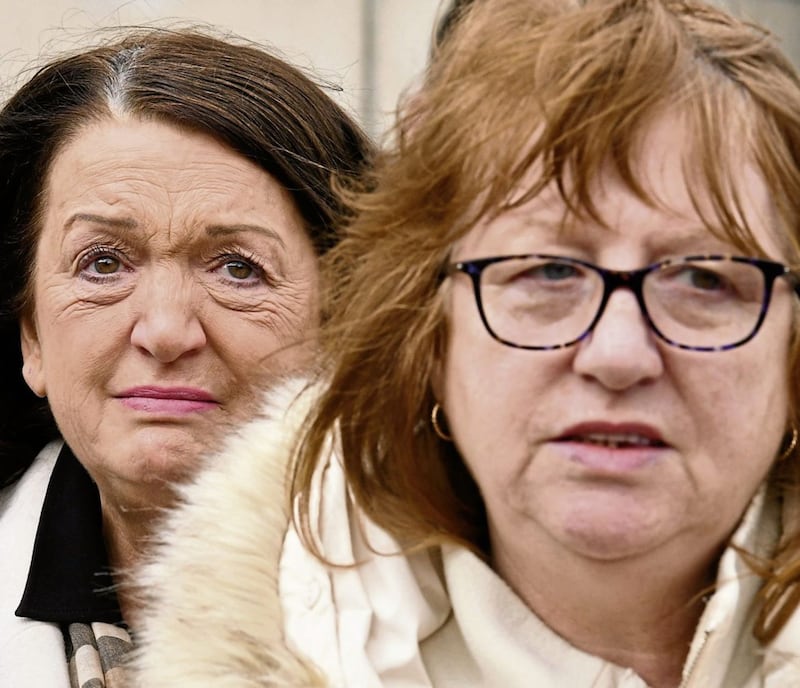
She later realised this referenced mother-of-eight Joan Connolly who had been fatally shot.
Previously in the inquest hearing, Edward Butler confirmed that he did not recall saying that.
Meanwhile, Anna Breen also gave evidence about the day her neighbour and close friend Joan Connolly was killed.
She said both women went to collect their daughters from Springfield Park when gunfire rang out.
Mrs Breen was pulled to safety, however Mrs Connolly was shot dead shortly afterwards.
The Army claimed at the time that she had been a gun woman.
However, Mrs Breen told the court that Joan Connolly would never have carried a weapon and had only cigarettes and matches with her.
